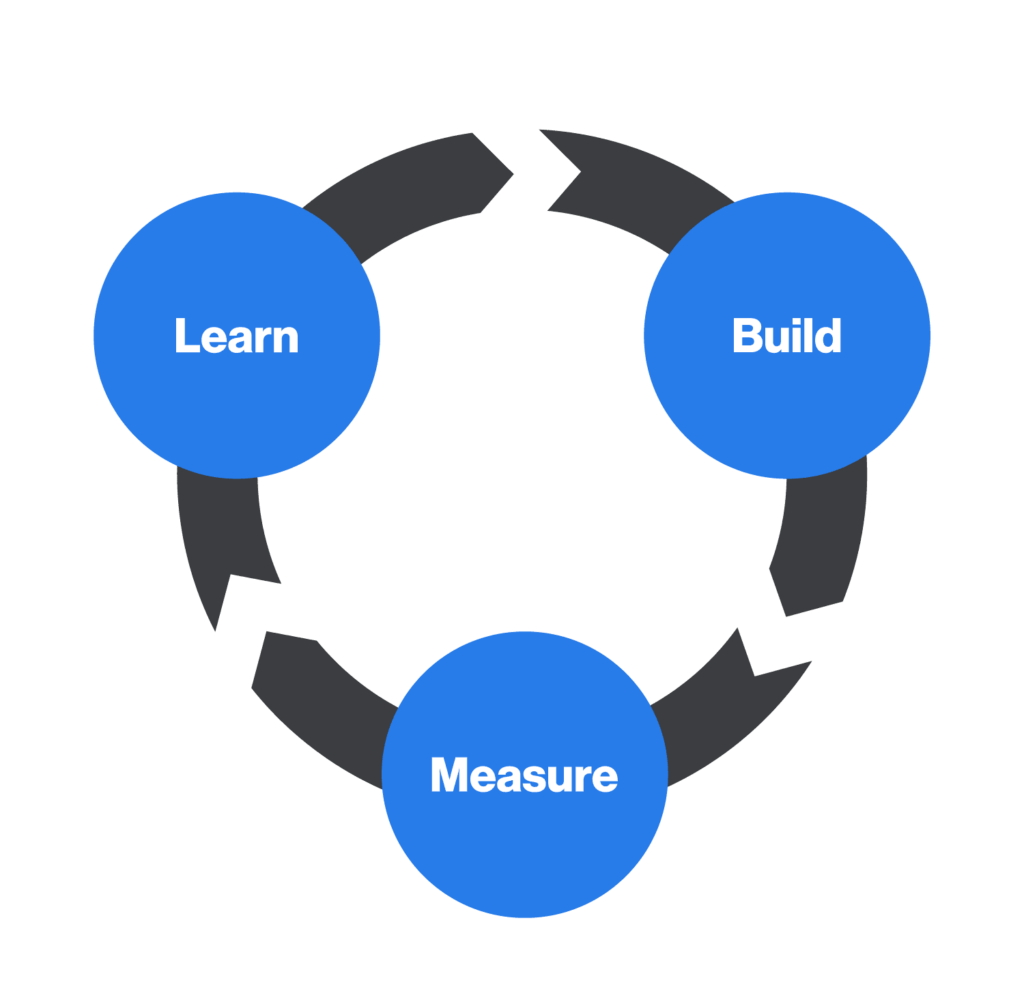As an occasional golfer, I’ve come to accept a fundamental truth: I’m probably not going to hit a hole-in-one from the tee box. And you know what? That’s perfectly fine. Golf, like business, is a game of strategy, patience, and adaptability. It’s about taking one shot at a time, adjusting for distance, slope, wind, and obstacles—each stroke getting you incrementally closer to the pin.
Now, let’s take that metaphor into the business world—particularly for entrepreneurs developing new products. Far too many startup founders stand on the “tee box” of business and swing for the fences, hoping their first shot will land them glory, fame, and a fat exit. They believe their idea will be the next unicorn, and they try to build the entire product in one go, investing loads of time and resources before even getting feedback from the market.
But business isn’t golf. And it’s certainly not a hole-in-one competition.
The experienced entrepreneur understands the power of iteration. They understand that the best way to reach the target is by making calculated progress. These are the folks who embrace the concept of the Minimum Viable Product (MVP). They release something small—just enough to be usable—and then observe. Like a seasoned golfer reading the green, they analyze user feedback, adjust the product, and take the next shot.
Related Post: How to Reduce Startup Risk with an MVP, Minimum Marketable Product, and Minimum Lovable Product
Each new “lie” in golf presents different variables: maybe you’re in the rough, on a slope, or dealing with a sand trap. Similarly, every version of a product will present new customer needs, competitive shifts, or operational challenges. The wise founder doesn’t panic; they adapt. They rework their swing and go again.

Eric Ries, in his groundbreaking book The Lean Startup, champions this mindset. He promotes the idea of “build-measure-learn,” where startups quickly create a prototype, test it, learn from customer feedback, and then iterate. This loop allows for faster progress and reduces the risk of wasting time on features or products nobody wants.
Think about this: Tiger Woods doesn’t try to drive every ball into the cup. He plays the course, makes decisions based on where the ball lands, and stays strategic. The same goes for entrepreneurs. The path to a great product (and a great business) isn’t a single, bold move—it’s a series of smart, incremental decisions.
So, ask yourself:
- Are you swinging for the hole-in-one and risking a lost ball?
- Or are you approaching your business like a golfer, mindful of the course and planning your next shot with intention?
Success in entrepreneurship doesn’t require perfection on the first try. It requires consistency, learning, and the humility to know that feedback is your friend, not your enemy.
Is your approach to business like hitting the long ball and hoping for a hole-in-one? Or are you willing to play the course, one smart shot at a time?












